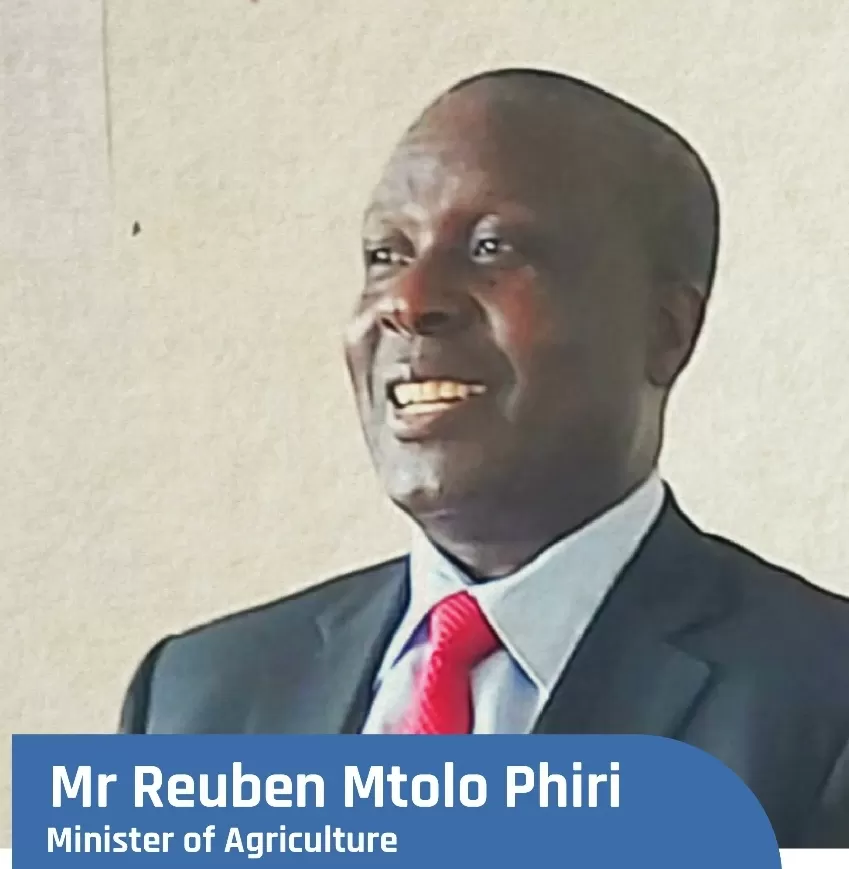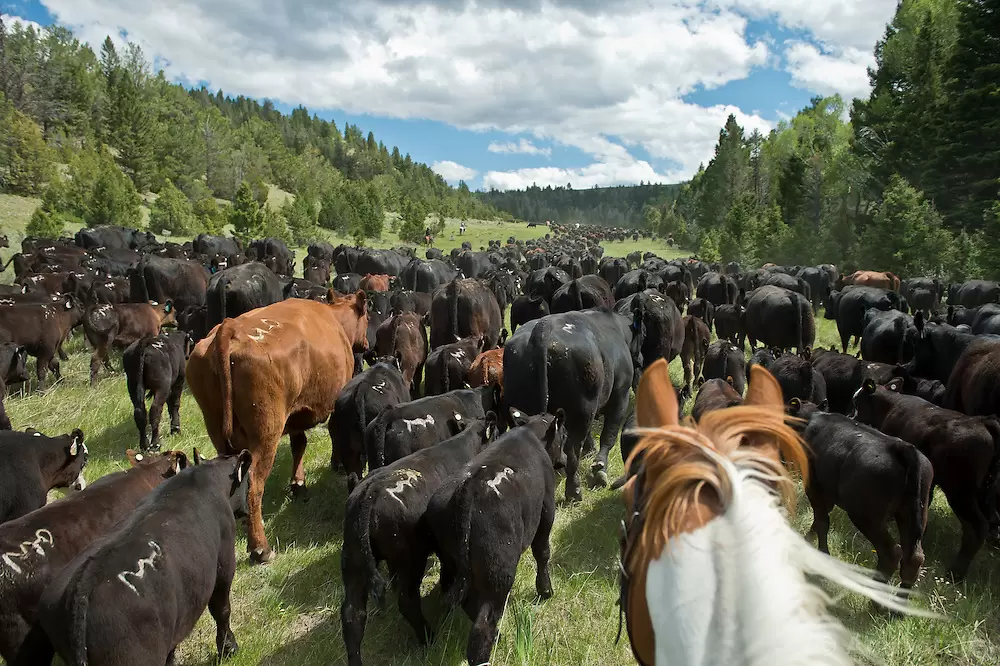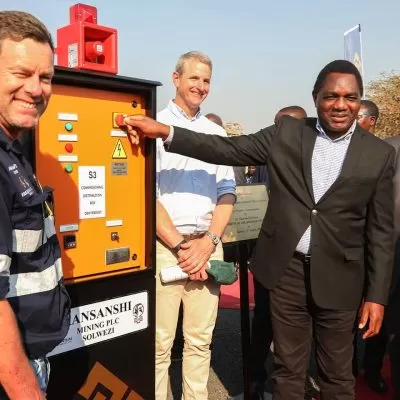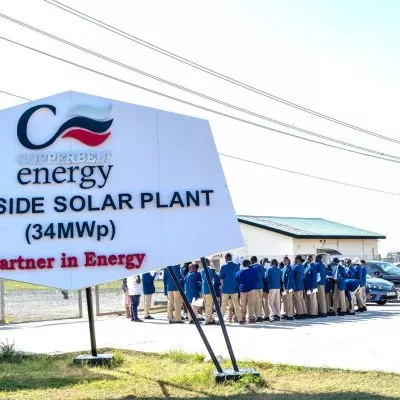By Kalata News
Lusaka November – THE rancher led other farmers in prayer and said, “Dear Lord, give us rains and a bit of luck, and we shall do the rest, Amen.”
He adds, “Ranching (Farming) is the only business in which one hopes for a break even so we could get through to the next farming season and hoping we shall still be standing to continue farming.”
This simple prayer by Rancher John Dutton of Yellowstone Ranch in Montana in the movie series ‘Yellowstone’ is prayer that every farmer has prayed for many years and generations now. This is despite the world around them changing and many things conspiring against the way of farmers and farming in particular.
The way of farming is every day under threat of the negative effects of climatic change, the encroachment of farming and grazing lands by housing estates, change in policy by populists governments trying to please the urban poor and advancement in technology.

Give us the rains
One of the effects of climatic change has been the change in the seasonal rains patterns and the increasing unreliability of the rainfall to water the grass and crops for the farmer to have a desired yield.
The rainy season typically runs from mid-November to March, with the heaviest rainfall occurring in the northern regions. On average, Zambia receives between 700 mm in the south and 1,400 mm in the north annually.
However, climate change has had negative significant impact on Zambia’s rainfall patterns including decreased rainfall particularly affecting Eastern, Southern and Western regions of Zambia. This reduction in rainfall is lead to prolonged dry spells and droughts, affecting water availability, pastures and agriculture. Another effect is the increased temperature are expected to rise by 1.9°C by 2050 and 2.3°C by 2100. Higher temperatures can exacerbate the effects of reduced rainfall, leading to more severe drought conditions, increased farm and bush fires.

The availability of water resources is expected to decrease due to reduced rainfall and higher evaporation rates caused by increased temperatures. This will likely affect both drinking water supplies and irrigation for agriculture. Other effects are the increasing load shedding due to the electricity company ZESCO failing to generate enough electricity for both agriculture and industry.
The impact on agricultural has already been seen in the reduction in crop yields, with maize being particularly affected there by creating a strain on Zambia’s food security and household welfare, especially in rural areas that rely on rain-fed agriculture.
Give us a bit of Luck.
Zambian farmers, like their colleagues elsewhere, have relied on a bit of luck to help them more than break even and make money. Taking away farmers that been fortunate to operate on cheap donor funded loans and subsidies, most farmers have had to resort to all sorts of tricks, including religious prayer, traditional charms, forming cartels and outright insider information trading to ensure they have a bit of luck to produce more, sell more and make a profit after offsetting their operational costs.

This bit of luck has always been dependent on shifting variables controlled by changing government politically motivated policies, agricultural market forces controlled by middlemen and agro-traders and agribusiness taking advantage of farmers to offload substandard products and un researched products.
Government policies on agriculture has been to ensure that the urban poor and majority voters are fed on cheap food, especially mealie-meal and farmers subsidised to be able to grow a little bit more to store in the political charged national granary.
Both government and middlemen are always quick to rush to imports market if they think that the farmer is not going to satisfy constituents, namely the urban poor voters and the profit wallets of middlemen agro traders.
So Farmers do the Rest.
Farmers, with their slogan of ‘No Farmer, No Food’, have been at this game of feeding both industry and nations for a long time. They produce just enough for them to feed on and the rest they send to the granaries or the manufacturing sectors seeking agro based raw materials.
However, this game has seen changes in the climate, influx of new technology threatening to change the way farming is done and the type of crops produced and the threat on farming lands from housing developers.
Farmers have relied on band-aid support in the FISP – farmer input support programmes, seed loans and inferior purchase deals with the national granary, FRA (food reserve agency). Technology that is supposed to help farmers produce more crops easily and profitably, is not coming the way of farmers or it is beyond the reach of the majority farmers.
This has not been helped by the fact that farming has traditionally being a raw material provider to the industry and has not been part of the value addition chain.

It is time farmers woke up to the need for them to own and control the entire value addition chain within their farming and agribusinesses in order to move away from praying for break even to the actual big bucks that farming is tooted to attract.
Dealing with Farmers’ Unions and Associations, who over the years have become comfortable with the poor performance of farmers and their workers must also be high in their prayers. The fact that agriculture is one of the highest employers of Zambians in rural areas and yet both their workers and the communities they come from are living in abject poverty and squalor. They are also among the Zambians that are high in illiteracy and have no access to health care.

Farmers Union bosses have gotten away with promises of improving the farming environment for their farmers through aggressive lobbying, dealing with middlemen giving farmers a raw deal and ensuring that farmers are not negatively affected by policies and rules favouring industries and the urban poor. The fact that most union leaders, like politicians have abandoned farming in favour of an easy lifestyle, penchant for market top end show room vehicles and refuse to give way to allow others to occupy those union offices, is a sign that farmers might be wasting their membership fees and instead need to hire consultants to lobby on their behalf and help them establish agricultural value chains.
Farmers’ hope for a new dawn where farmers will not be severely impacted by changes in climate, dwindling water and energy resources must not just be in their prayer, but in the way farmers interact with policy makers, agribusiness, their member unions and the market forces that ensure the sweat of the farmers is for a profit and a promise of a better future without stress, poverty and thankless death.
Amen.



